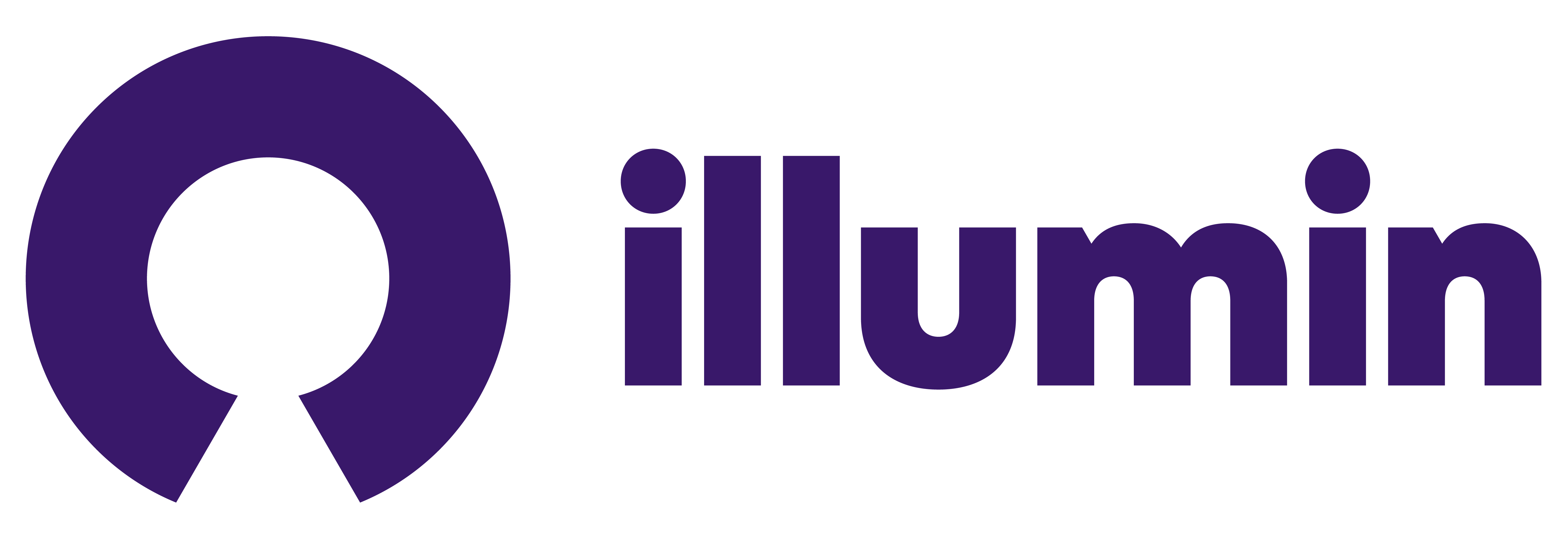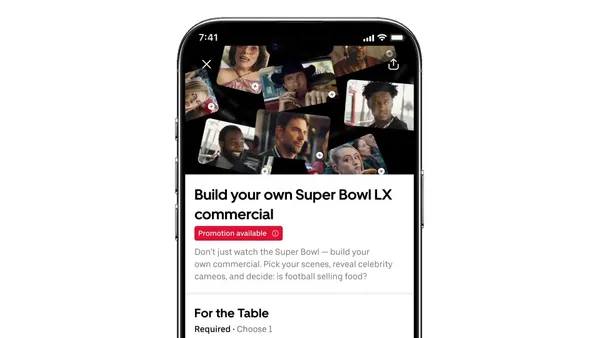Brief:
- Fashion brand Ted Baker partnered with digital agency Puzzle on a Facebook Messenger chatbot that answers questions about its fall fashion line, according to a press release shared with Mobile Marketer. Users can browse the fall clothing collection for fashion inspiration and make purchases within the Messenger app.
- The brand's "Seemore" assistant can also answer standard inquiries and help customers track orders through an integration with its customer service ticketing system.
- Seemore relies on artificial intelligence (AI) technology to learn from interactions with customers to provide more accurate answers and greater personalization over time for its U.K. Facebook community. Craig Smith, director of digital commerce at Ted Baker, said in the release that the chatbot improves the company's efficiency by answering questions that its live customer services team typically handles.
Insight:
Ted Baker's Seemore is the latest entry in a global chatbot market that's forecast to grow by nearly 25% over the next four years. The improved efficiency in customer service could help the brand cut down on cost for simple inquiries and order tracking. By 2023, chatbots will save the retail, banking and healthcare business sectors around $11 billion, according to Juniper Research.
A majority of consumers like the idea of chatbots, with 65% globally saying they'd like to use messaging services like Messenger, Apple's iMessage, WhatsApp or Viber to interact with companies, according to an Opinium Research survey commissioned by Salesforce's MuleSoft. However, companies need to be careful about how they handle automated conversations, as the survey also found that while 43% of global consumers have engaged with a chatbot when contacting an organization in the past year, just 38% said their query had been completely resolved.
Ted Baker is among the fashion brands that are rolling out chatbots to handle a wider range of customer questions. Tommy Hilfiger and Sephora saw a lift in sales after introducing chatbots on Facebook Messenger, VentureBeat reported last month. Once derided for clunky conversations and limited abilities, chatbots are rapidly getting smarter with developments in AI and natural-language processing. Digital assistants like Amazon Alexa and Google Assistant, which essentially are voice-enabled chatbots, become more useful each day as software developers create applications to handle a wider variety of tasks. Facebook, which has lagged in its development of a voice-enabled platform, has made a major push into chatbots in the past couple of years. More than 300,000 chatbots are active on Messenger, the company announced in a blog post.
Still, companies that use AI in their chatbots need to be mindful of pitfalls, such as learning bad behavior from human users. One example of a bot behaving badly is Microsoft's "Tay" chatbot on Twitter that within 24 hours learned how to tweet racist comments. Marketers need to ensure their AI-powered bots are thoroughly tested to avoid offending customers and tarnishing their brand's image. Accenture, Google and Microsoft this year have created software tools to help identify potential biases in AI applications such as voice platforms and facial recognition software, per VentureBeat.











